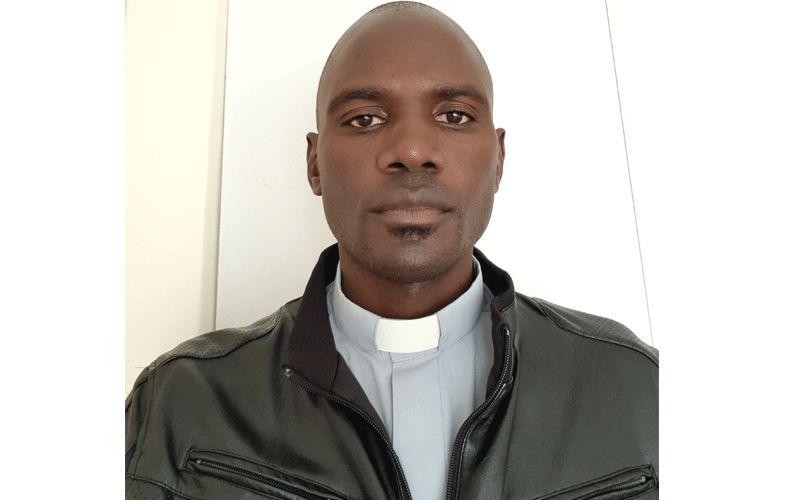Manzini, 12 June, 2020 / 10:00 pm (ACI Africa).
Many people who have been worst hit by COVID-19 including those living in isolation, those separated from their loved ones and those who have been stripped off their sources of livelihood have one thing that is keeping their hope alive: the end of the coronavirus and the related restrictions.
But according to a Catholic Missionary Priest ministering in Swaziland, people should observe a high sense of self-discipline and love for their neighbors even as they learn to live with the “new normal” created by the pandemic as governments across the world start relaxing regulations that were earlier put in place to minimize the risk of contracting the coronavirus.
“In many countries that have implemented different levels of lockdown, there is a group of people waiting on when the government will tell them that the lockdown is over, that everything is now fine for them to go back to their normal ways of lives. This kind of longing could only lead to the worst form of disappointment,” Fr. Francis Onyango ministering in the Catholic Diocese of Manzini in Swaziland tells ACI Africa in an interview on Friday, June 12.
He adds, “Of course the pandemic will come to an end on some day we don’t know. We can only hope. But we shouldn’t live waiting for such a day. We should start reflecting on how to live with each other with the virus around.”
It is a timely message in the Southern African country that has reportedly relaxed lockdown rules, with many people resuming their normal lives in complete oblivion of the danger they still face.








